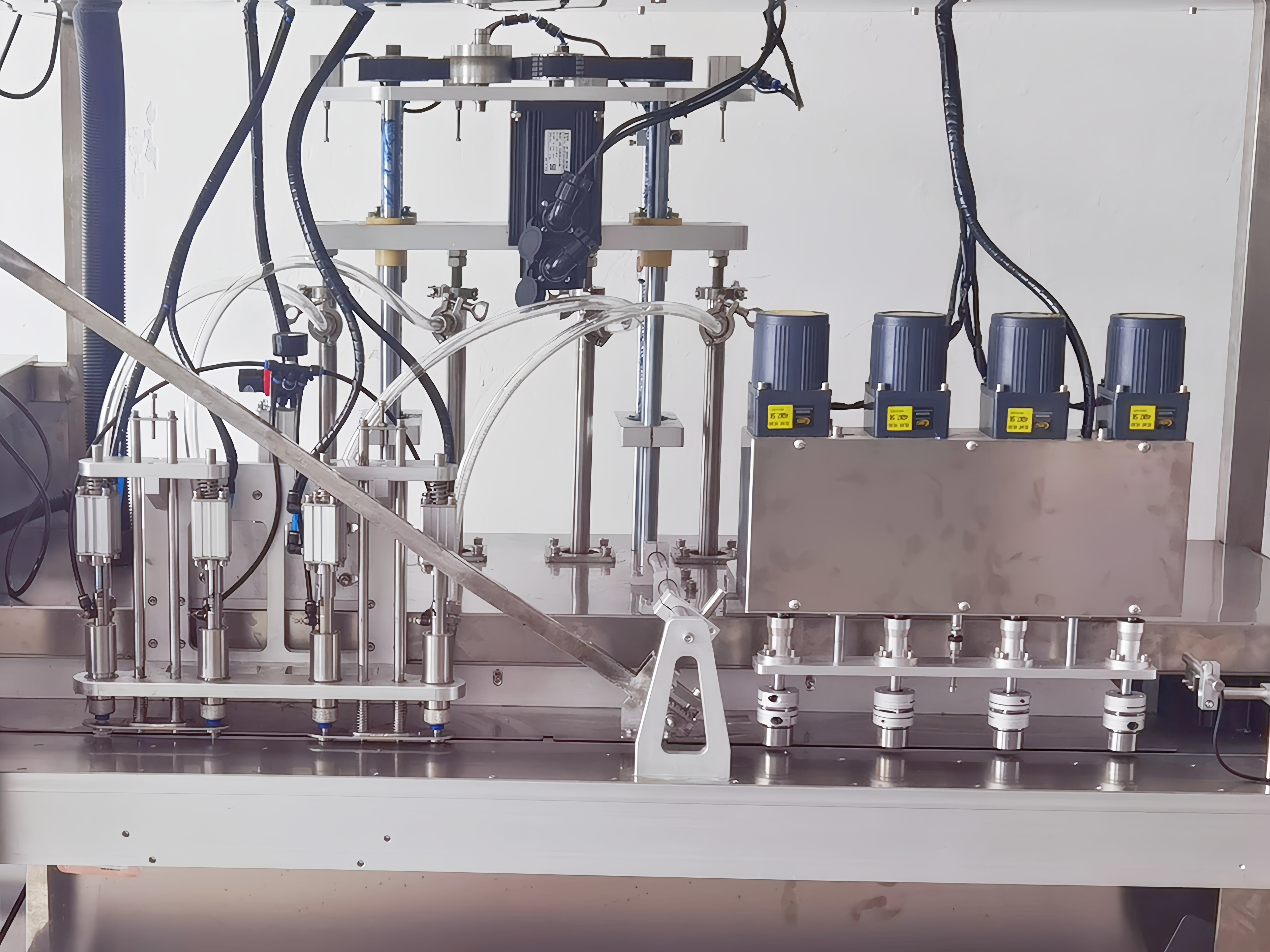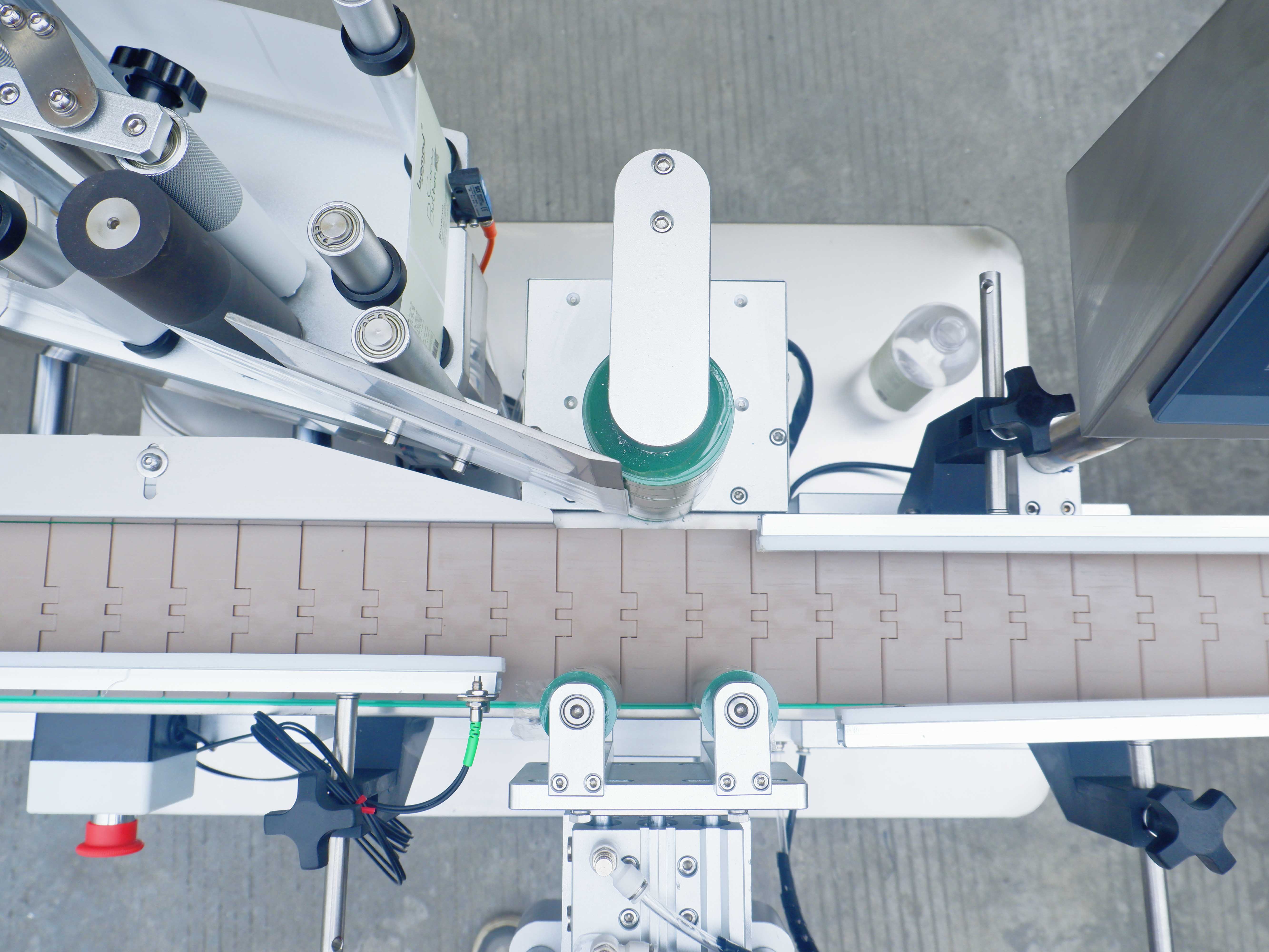Introduction to Types and Features of Can Sealing Machines
With the development of the food, beverage, and chemical industries, can sealing machines have become an essential packaging device. They not only enhance production efficiency but also ensure the sealing and safety of products. This article introduces several common types of can sealing machines and their features, helping you better understand and choose the equipment that suits your needs.
1. Rotary Can Sealing Machine
1.1 Overview
The rotary can sealing machine uses rotational motion to tighten the cap onto the can’s opening, commonly used for sealing glass and plastic bottles.
1.2 Features
- Wide Application: Suitable for various materials of caps and bottles.
- Good Sealing Effect: Strong sealing capability, effectively preventing air and liquid leakage.
- Easy Operation: Most rotary can sealing machines are automated, making them easy to operate with minimal manual intervention.
- Easy Maintenance: Simple structure, easy to clean and maintain.
2. Roll Seaming Machine
2.1 Overview
The roll seaming machine is mainly used for sealing metal cans by rolling the edges of the lid tightly to the can, achieving a sealed closure.
2.2 Features
- High Sealing Quality: Provides excellent sealing, ensuring long-term preservation of the contents.
- Versatile: Suitable for various shapes and sizes of metal cans.
- Fast Speed: The roll seaming process is quick, ideal for mass production.
- High Reliability: Stable operation with a low failure rate.
3. Vacuum Can Sealing Machine
3.1 Overview
The vacuum can sealing machine removes the air from the can before sealing it, widely used in the food industry.
3.2 Features
- Extended Shelf Life: Vacuum sealing effectively prevents oxidation and microbial growth, extending the shelf life of food.
- Good Freshness Preservation: Maintains the original flavor and nutritional value of food.
- Versatile: Suitable for sealing various materials such as glass cans, metal cans, and plastic cans.
- Advanced Technology: Modern vacuum can sealing machines are equipped with automated control systems, making them easy to operate.
4. Heat Sealing Machine
4.1 Overview
The heat sealing machine uses heating technology to seal the lid to the body of the can, commonly used for plastic and composite material cans.
4.2 Features
- Good Sealing: Heat sealing technology ensures strong sealing, preventing content leakage.
- Wide Application: Suitable for plastic cans as well as composite material cans.
- Energy Efficient and Eco-Friendly: Modern heat sealing machines focus on energy-saving design, reducing energy consumption.
- Easy Operation: Most machines are automated, making them convenient to operate.
Conclusion
As an essential device in modern packaging, can sealing machines come in various types, each with its unique features. Choosing the right can sealing machine can not only enhance production efficiency but also ensure product quality and safety. Understanding the characteristics of different can sealing machines can help in making an informed decision based on actual needs, thus optimizing the production process and enhancing product competitiveness.
We hope this article helps you understand the types and features of can sealing machines. If you have any questions or needs, feel free to leave a comment for further discussion.



